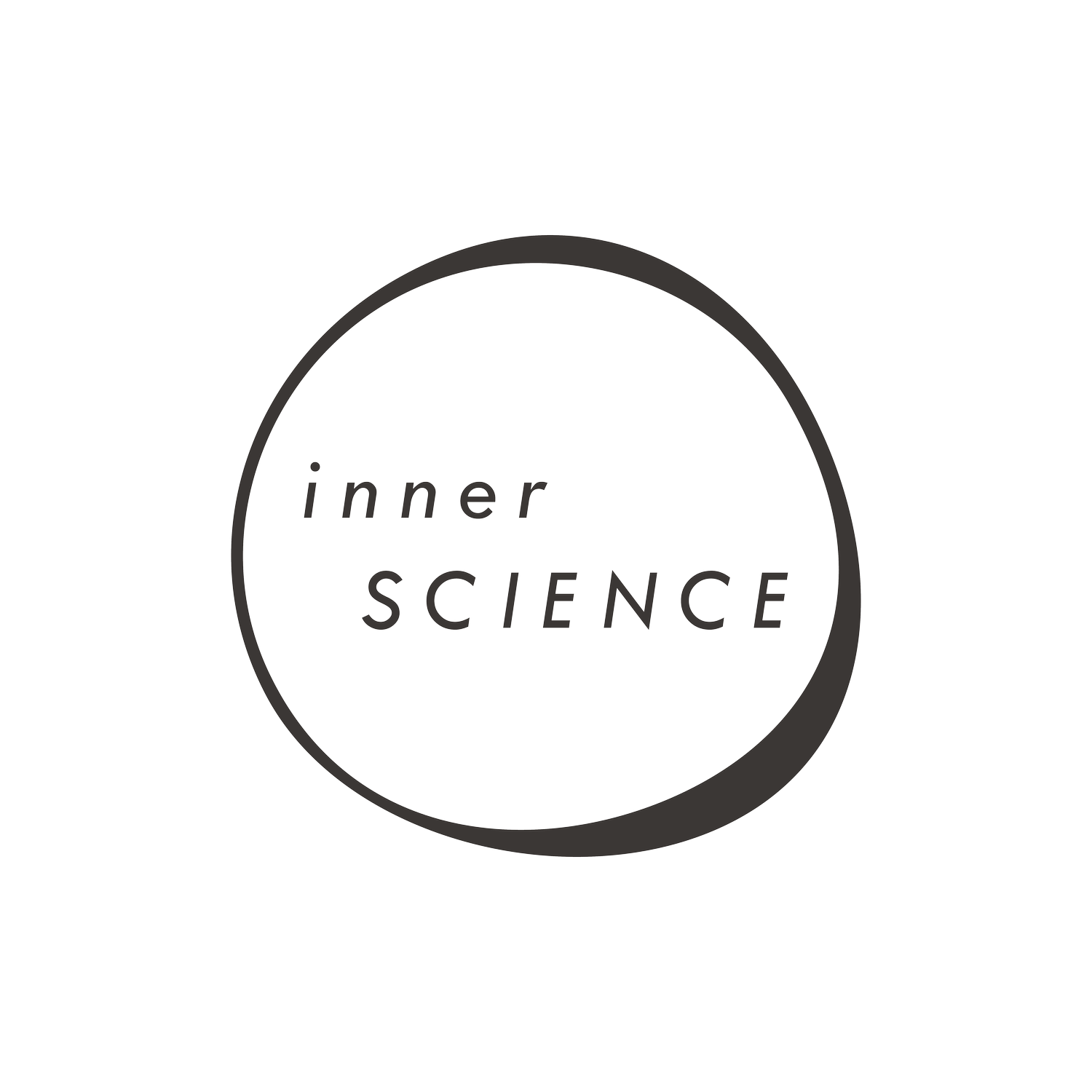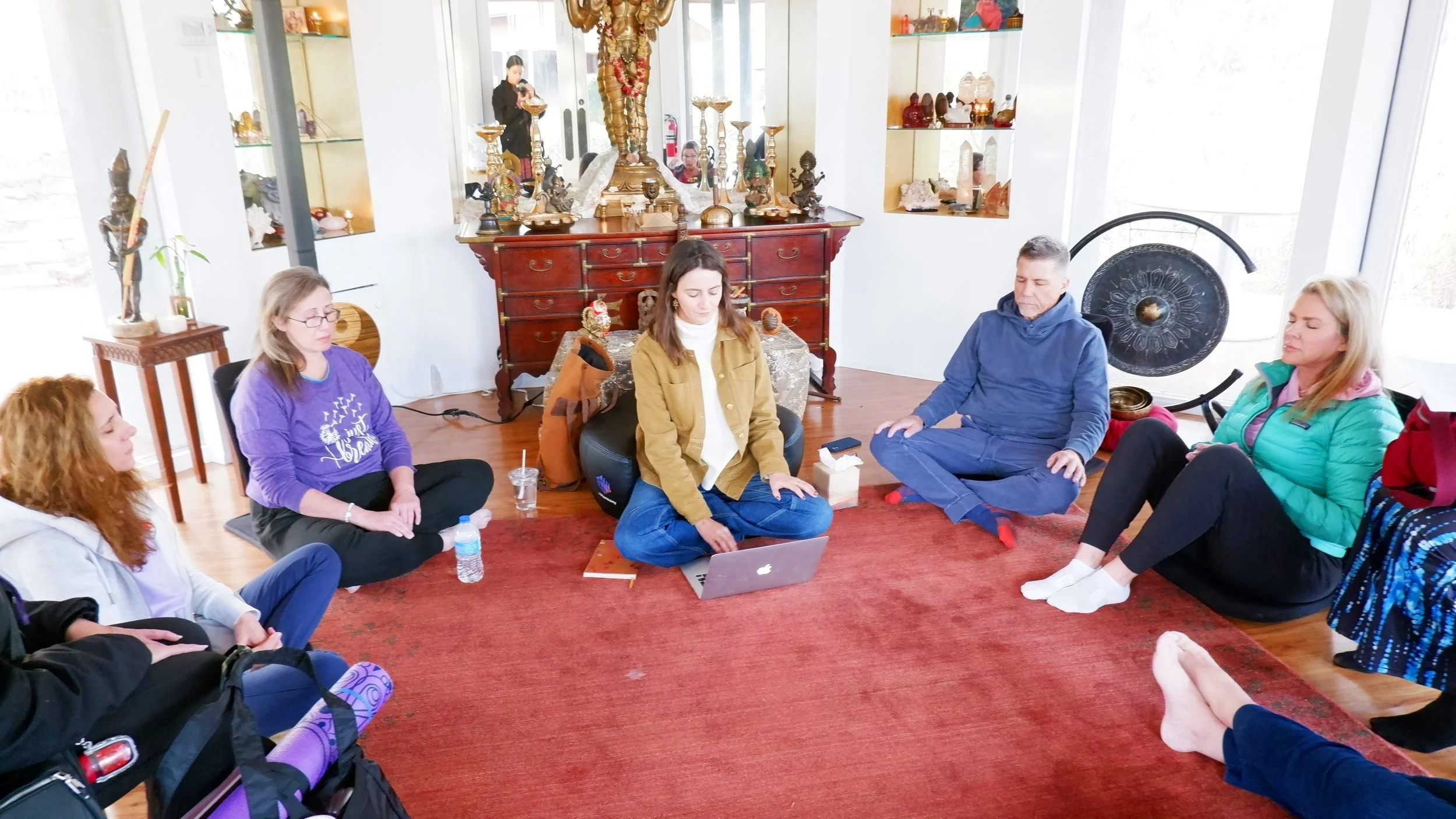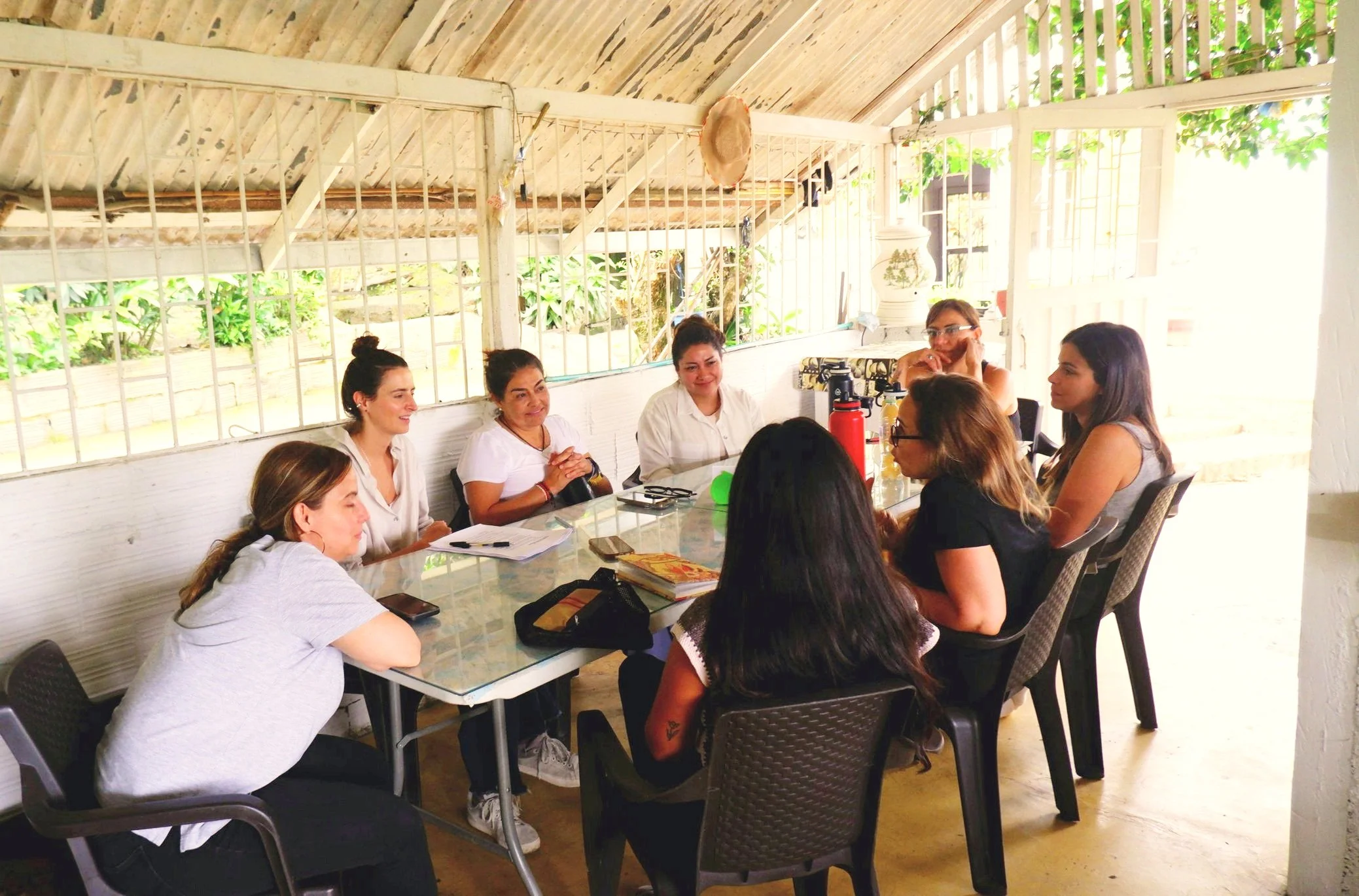RESEARCH PATHWAYS
These are the overarching directions that guide our scientific inquiry into methods of inner transformation. Each line reflects a unique aspect of how we evaluate and understand consciousness-related practices.
Impact Monitoring
We assess the psychological, physiological, and experiential effects of transformative practices over time. This includes both short-term outcomes and long-term integration, using tools like psychometric assessments, biomarkers (e.g., HRV), and qualitative feedback to capture shifts in well-being, self-perception, and cognitive-emotional patterns.
Goal: Understand how inner practices affect individuals’ lives, health, and perception.
Mapping the Mechanisms
We investigate the underlying mechanisms that enable change, transformation, and insight within different methods. This includes examining how practices like meditation, psychedelics, or energy work influence the nervous system, the physical body, consciousness, emotional processing, and self-awareness.
Goal: Reveal how inner transformation occurs—neurobiologically, psychologically, and phenomenologically.
Individual Progress Tracker
We enable seekers to document their own personal growth through time. By combining objective data with personal narratives, we explore how people change through introspective practices—and how those changes can be supported and sustained.
Goal: Create detailed, human-centered accounts of developmental journeys through inner work.
RESEARCH METHODOLOGY
Our approach integrates diverse methods for a comprehensive analysis of inner techniques and self-knowledge processes:
QUANTITATIVE ANALYSIS
Use of internationally validated psychometric questionnaires to assess psychological and physical changes in participants. Also used for profiling, demographics and experience characterization.
QUALITATIVE ANALYSIS
In-depth interviews and focus groups from a psychosocial perspective, aimed at exploring the narratives, contexts, and subjective transformations experienced during the process.
BIOLOGICAL MARKERS
Analysis of physiological indicators such as heart rate variability (HRV) to observe autonomic nervous system modulation and the bodily effects of the intervention.
NEUROPHENOMENOLOGY
Integration of brain-based metrics with introspective, first-person accounts to investigate consciousness from both objective and experiential perspectives.
CURRENT PROJECTS
ALTERED STATES OF CONSCIOUSNESS WITH ENERGY HEALING.
A neurophenomenological study of the energy healing experience and the measurement of its transformational impact on participants’ holistic well-being (emotional, physical, mental and over all life satisfaction) during a 5-day energy healing retreat led by renouned healer Oliver Niño, as well as the persistence of these effects one month later.
IMPACT OF SET AND SETTING IN YAGÉ (AYAHUASCA) CEREMONIES
Investigating the contemporary practice of ancestral Yagé ceremonies, with emphasis on the unique contributions of female healers — their methodologies, cultural roles, preparation and integration porcess, as well as the transformation on participants mental and emotional wellbeing, immediatly after the ceremony and persistance one month after.
DEVELOPMENT OF A SELF-PROGRESS TRACKING SYSTEM
Designing a multidimensional tool that allows seekers of inner transformation and self-knowledge processes to monitor their own psychological, emotional, physical, and spiritual progress over time. This system integrates validated psychometric instruments, qualitative self-reflection prompts, and physiological indicators to support personal insight, integration, and long-term growth.
